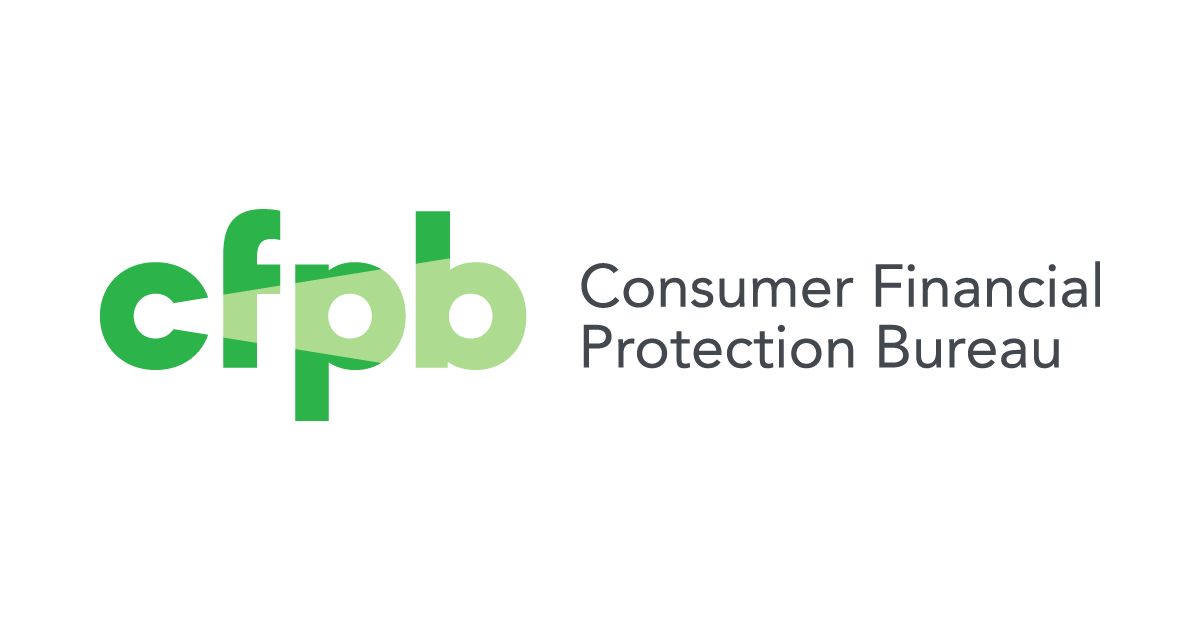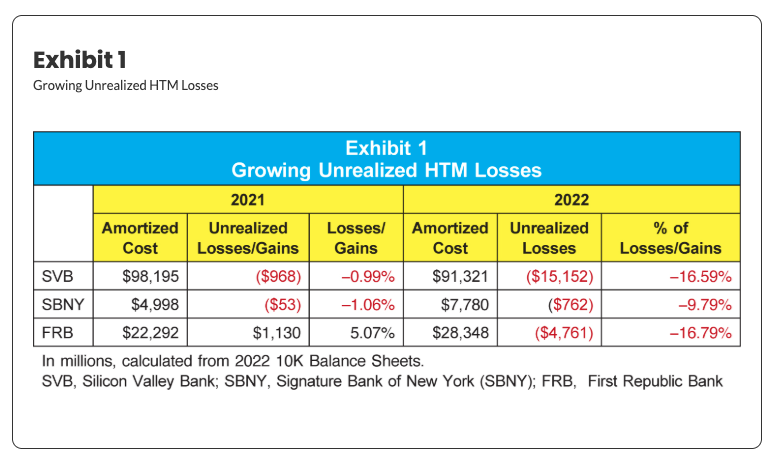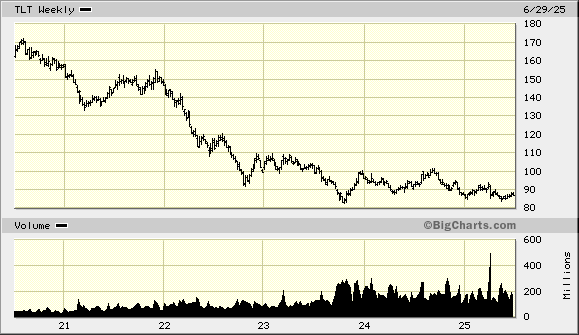- Messages
- 34,645
- Reaction score
- 5,866
- Points
- 288
If you think banks aren't safe now just imagine them without the FDIC.
Trump team mulls axing Great Depression-era agency that guards against bank failures: WSJ
President-elect Donald Trump's advisers, alongside tech billionaire Elon Musk's Department of Government Efficiency task force, are soliciting opinions from nominees on whether it would be possible for Trump to abolish the Federal Deposit Insurance Corporation, the Wall Street Journal reported Thursday.
For now, at least, the idea appears to be reorganizing its function rather than eliminating it outright. Trump's advisers "have asked the nominees under consideration for the FDIC, as well as the Office of the Comptroller of the Currency, if deposit insurance could then be absorbed into the Treasury Department, some of the people said," reported Gina Heeb.
More:
https://www.msn.com/en-us/money/oth...S&cvid=cd6a565b390b457da8af5197ba1641cb&ei=14
Trump team mulls axing Great Depression-era agency that guards against bank failures: WSJ
President-elect Donald Trump's advisers, alongside tech billionaire Elon Musk's Department of Government Efficiency task force, are soliciting opinions from nominees on whether it would be possible for Trump to abolish the Federal Deposit Insurance Corporation, the Wall Street Journal reported Thursday.
For now, at least, the idea appears to be reorganizing its function rather than eliminating it outright. Trump's advisers "have asked the nominees under consideration for the FDIC, as well as the Office of the Comptroller of the Currency, if deposit insurance could then be absorbed into the Treasury Department, some of the people said," reported Gina Heeb.
More:
https://www.msn.com/en-us/money/oth...S&cvid=cd6a565b390b457da8af5197ba1641cb&ei=14









